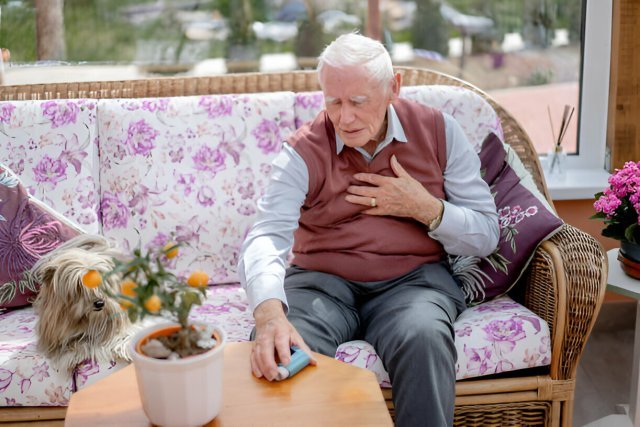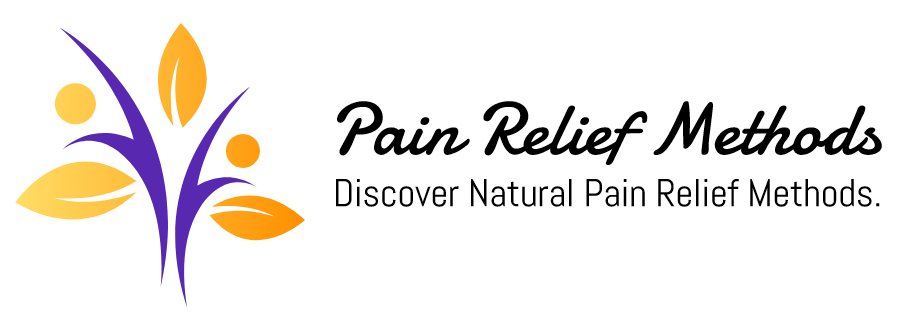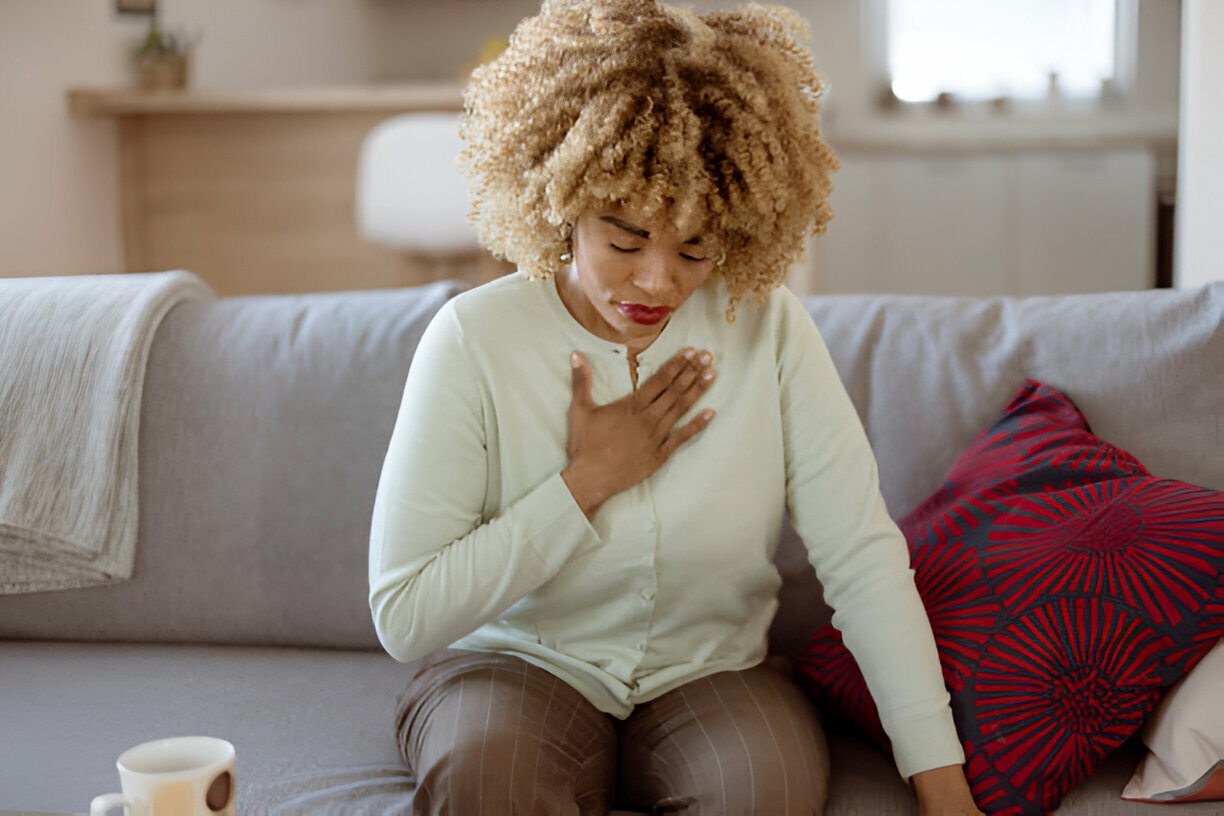Table of Contents
Can I Treat Chest Pain At Home?
Introduction
Chest pain is a common symptom with various causes. While some cases might respond to home remedies, it’s vital to understand when seeking medical attention is essential. This article explores potential causes of chest pain, discusses home remedies for appropriate situations, and emphasizes the importance of consulting a doctor for concerning symptoms.
Important Note: This article provides educational information and is not a substitute for professional medical advice. If you experience chest pain, consult a doctor or healthcare provider for diagnosis and treatment.
When Home Remedies Might Be Appropriate
For non-emergency chest pain, certain home remedies might offer temporary relief. However, it’s crucial to remember that these should never be a substitute for seeking medical attention. Here are some scenarios where home remedies might be considered:
-
Muscle Strain Or Pain:
If the pain is sharp or achy, worsens with movement, and is not accompanied by concerning symptoms, home remedies like rest and over-the-counter pain relievers (consult a doctor before taking any medication) might provide some relief.
-
Heartburn Or Acid Reflux:
A burning sensation in the chest, along with a sour taste in the mouth, often indicates heartburn. Over-the-counter antacids or lifestyle modifications (avoiding trigger foods, eating smaller meals) might help.

-
Anxiety Or Panic Attack:
Anxiety can manifest as chest pain, often accompanied by shortness of breath, dizziness, or rapid heartbeat. Relaxation techniques like deep breathing or progressive muscle relaxation can be helpful.
Important Note: Even for seemingly mild chest pain, consulting a doctor is crucial to identify the underlying cause and ensure proper treatment.
When To Seek Medical Attention Immediately
If you experience any of the following alongside chest pain, call emergency services immediately (dial 911 in the US):
-
Sudden, Severe Chest Pain Or Pressure:
This pain is often described as squeezing, tightness, or a crushing sensation and can feel like an elephant sitting on your chest.
-
Pain Radiating To Other Areas:
The pain might travel to your arm, jaw, neck, back, or upper abdomen.
-
Shortness Of Breath:
Difficulty breathing or feeling like you can’t catch your breath is a significant red flag.

-
Lightheadedness Or Dizziness:
Feeling faint or like you might pass out can be a sign of a serious issue.
-
Sweating:
Profuse sweating for no apparent reason can accompany a heart attack.

-
Nausea Or Vomiting:
Feeling sick to your stomach or actually vomiting could indicate a heart attack.
These symptoms can be signs of a heart attack, a life-threatening condition. Early intervention is crucial to minimize damage and improve the chances of a full recovery.
FAQs On Treating Chest Pain At Home
-
Can I Take Aspirin For Chest Pain?
Unless instructed by a medical professional, avoid taking aspirin for chest pain. It can worsen bleeding in some cases, particularly if you’re experiencing a heart attack.
-
When Should I See A Doctor For Chest Pain?
Any unexplained chest pain, especially if it’s persistent or recurring, warrants a visit to the doctor. Early diagnosis and treatment can address the underlying cause and prevent future complications.
-
What Tests Might A Doctor Perform To Diagnose Chest Pain?
Depending on your symptoms, the doctor may recommend an electrocardiogram (ECG), chest X-ray, blood tests, or other tests to determine the source of your chest pain.
-
Are There Any Home Remedies I Can Use To Prevent Chest Pain?
Maintaining a healthy weight, managing stress, and avoiding smoking can all contribute to reducing your risk of chest pain. Additionally, identifying and avoiding foods that trigger heartburn or gas can help prevent these specific causes of chest discomfort.
-
When Is It Safe To Ignore Chest Pain?
It’s important to never ignore chest pain. Even if the pain seems mild, consulting a doctor is crucial to ensure a proper diagnosis and rule out any serious underlying conditions.
Conclusion
Chest pain is a symptom that shouldn’t be ignored. When faced with chest pain, prioritize your safety. If you experience any signs of a potential heart attack, call emergency services immediately. Home remedies might offer temporary relief for certain non-emergency causes of chest pain, but they should never be a substitute for seeking medical attention. Early diagnosis and treatment of the underlying cause is essential for managing chest pain effectively and preventing future complications. Remember, a doctor can accurately diagnose the cause of your chest pain and recommend the most appropriate course of treatment.
References
- American Heart Association - Offers information on various heart conditions, including heart attack symptoms and treatment.
- Mayo Clinic - Provides trusted information on a wide range of health topics, including chest pain and first aid.
- National Heart, Lung, and Blood Institute - Provides information on various heart, lung, and blood diseases.
Discover more from Pain Relief Methods
Subscribe to get the latest posts sent to your email.

